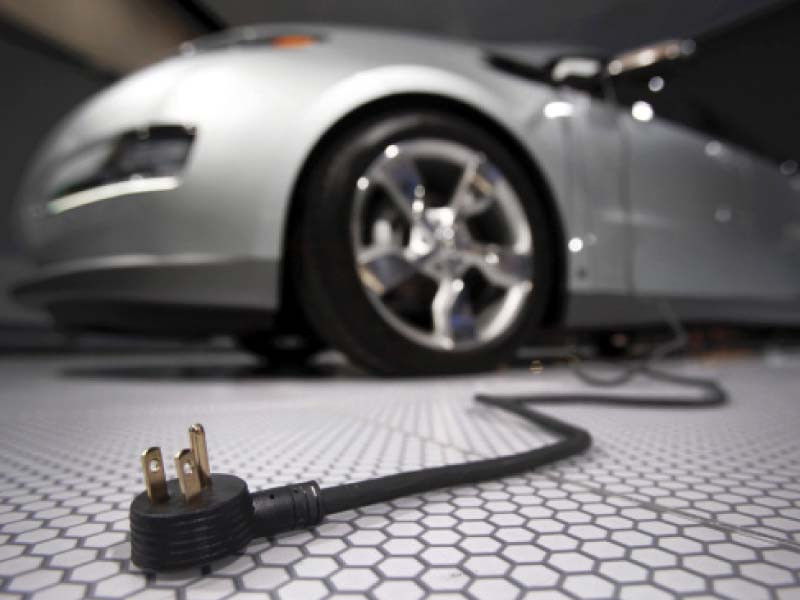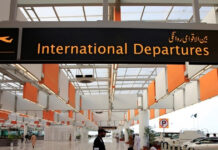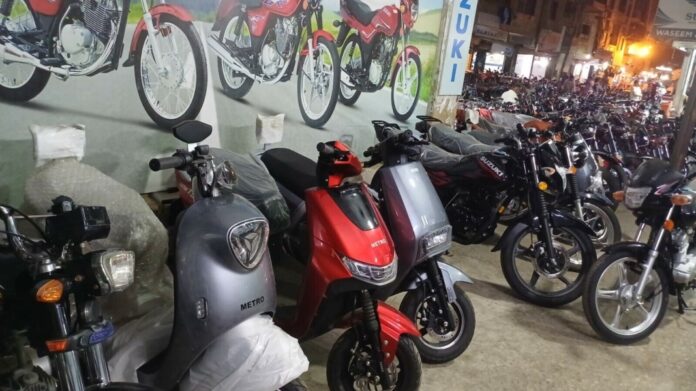The transport sector in Pakistan could face big changes, as the country deals with environmental and economy-related problems. Bringing in Electric Vehicles (EVs) has become a main goal the government policy. This is to help emissions, lessen the country’s oil import bill, and support local industry growth. This is how Pakistan plans to kick off the EV market and move towards cleaner transportation.
Support for Developing the EV Market
High initial costs of electric vehicles are faced by implementing a handful of government incentives that are intended to boost local EV production. Notable steps include scrapping the Additional Customs Duty and Additional Sales Tax (AST) on EV imports to make them more cost-effective. Also, certain EV parts which aren’t produced locally can be imported with only 1% customs duty and no sales tax. This encourages local makers to expand the industry.

Additional Federal Excise Duty (FED) for four-wheel EVs have been discarded as well. Locally manufactured EVs with power outputs up to 50KW will be imposed just 1% sales tax. Such a step is planned to make electric vehicles more available to the public while assisting local makers in establishing their businesses.
Monetary and Non-Monetary Assistance
Apart from tax benefits, Pakistan’s National Electric Vehicle Policy provides extra monetary and non-monetary incentives. For example, EVs will not require registration fees or annual renewal charges. Exclusive number plates for EVs will be issued, enabling the establishment of EV-only zones in traffic-heavy areas. Additionally, EVs will only have half of the toll tax charged at all national toll stations under the control of the National Highway Authority.
The State Bank of Pakistan promotes EV acceptance via its Green Banking Guidelines by providing favorable financial options. This involves a specialized car financing section with a 1+4% interest rate. In turn, making it more affordable for customers to buy electric vehicles.
Focusing on Two and Three-Wheelers
In Pakistan, the market is deep for two and three-wheelers. Over 20 million of these vehicles are in active use. Incentives for electric bikes and rickshaws are being put into policy to prompt their use. Local makers of EVs in these categories get a 1% sales tax, with Complete Knock Down (CKD) kits for parts linked to EVs allowed at 1% customs duty and sold with no sales tax.
These moves have the goal of encouraging an EV environment that reduces pollution, stimulates local industrial progress and lessens dependence on foreign oil in Pakistan.
Stay tuned to Brandsynario for latest news and updates.











































